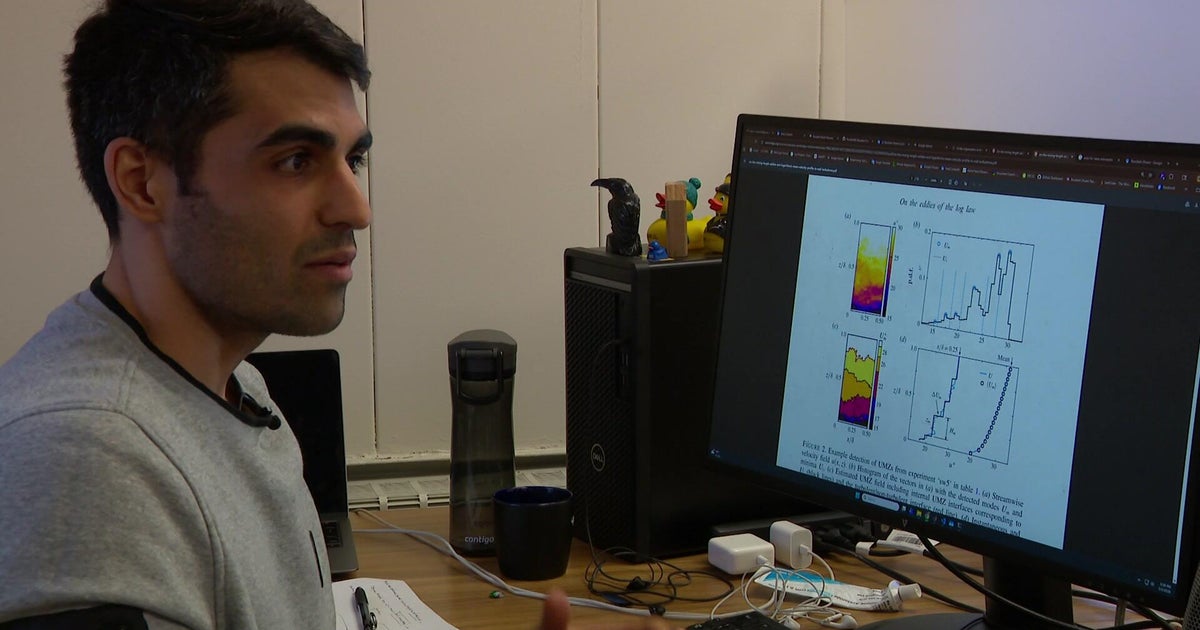Student Loan Debate May Determine Presidential Youth Vote
MIAMI (CBS4) - Millions of students like the University of Miami's Joseph LeDonne could graduate with even more debt if Congress allows the interest rate on federal student loans to double on July 1st.
The college sophomore is looking at almost $100,000 in debt come graduation time.
"My parents both lost their jobs before I went to school, so I needed the loans and in some cases I think that it's necessary," said LeDonne.
Unless rates are frozen, today's 3.4% loans will climb to 6.8% in about 9 weeks. That's expected to boost borrowers' costs by about $1000.
But canceling the rate hike will cost the U.S. Treasury about $6-billion dollars.
During campus visits this week, President Obama pushed lawmakers to take action. And early Friday afternoon, House lawmakers did.
The Republican lead bill passed almost along party lines, 215-195.
It freezes rates and pays for the cuts by eliminating a preventive care fund in President Obama's health care law.
Rep. James Langevin, D-RI, opposes the bill.
"It is unconscionable that Republican leadership is forcing us to choose between education and health care," said Lengevin.
The president warned he'd veto the GOP bill saying it will hurt women who need preventative care. The house speaker accused Democrats of picking a campaign fight.
"Nobody wants to see student loan interest rates go up. People want to politicize this because it's an election year, but my God, do we have to fight about everything?" said Speaker of the House John Boehner.
Campaign watchers say the real battle may be for the youth vote which was a key to the President's election back in 2008.
"Money is money and it's very tight right now so hopefully... Congress gets it right," said Calise Belin, a Howard University freshman.
Freezing student loans is expected to remain a major campaign issue for both parties.
The Senate is expected to debate the issue early next month, where the democratic majority wants to pay for a rate freeze by raising taxes on anyone making more than $250,000 a year.
That's expected to be bitterly opposed by House Republicans as the July 1st deadline gets closer every day.







